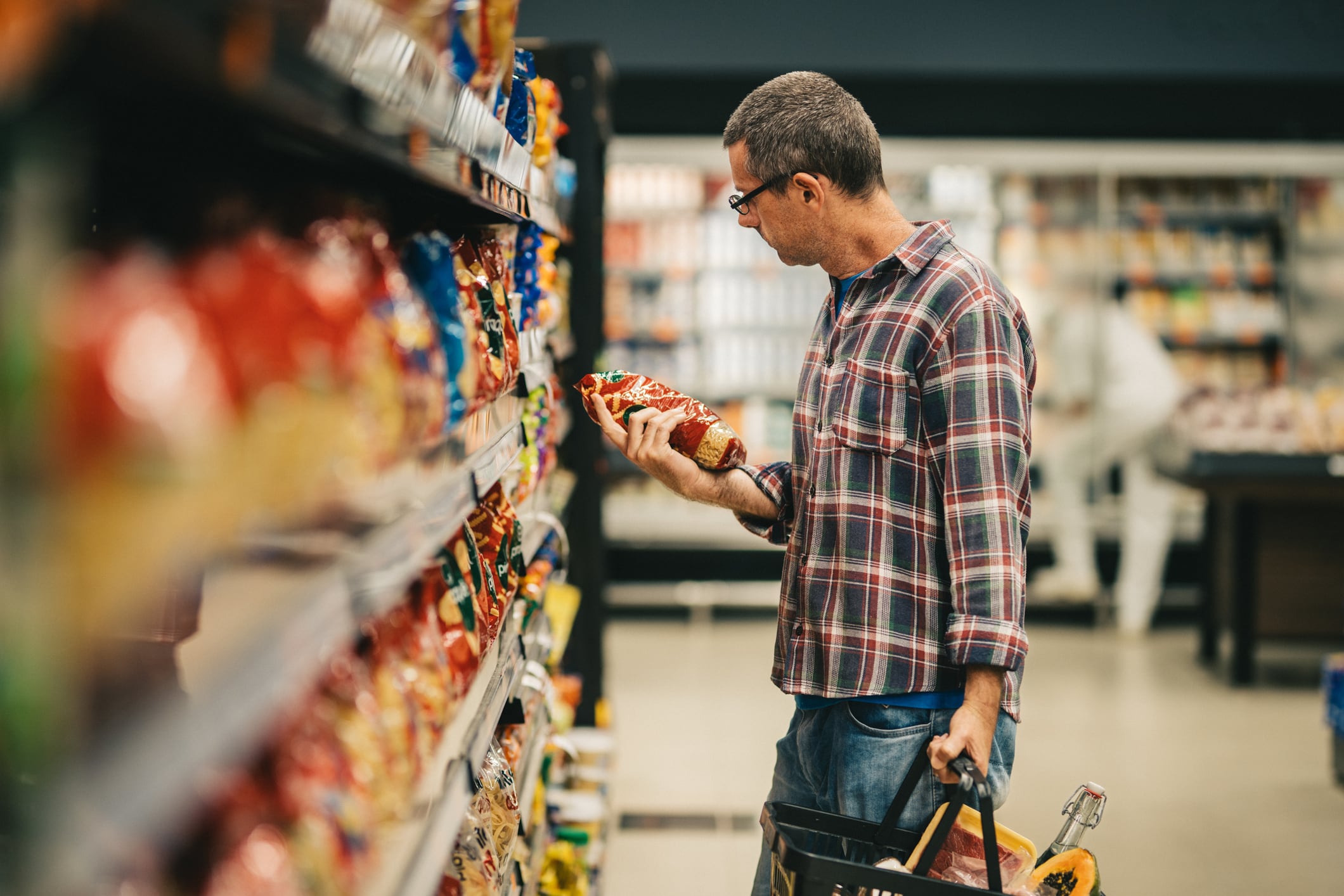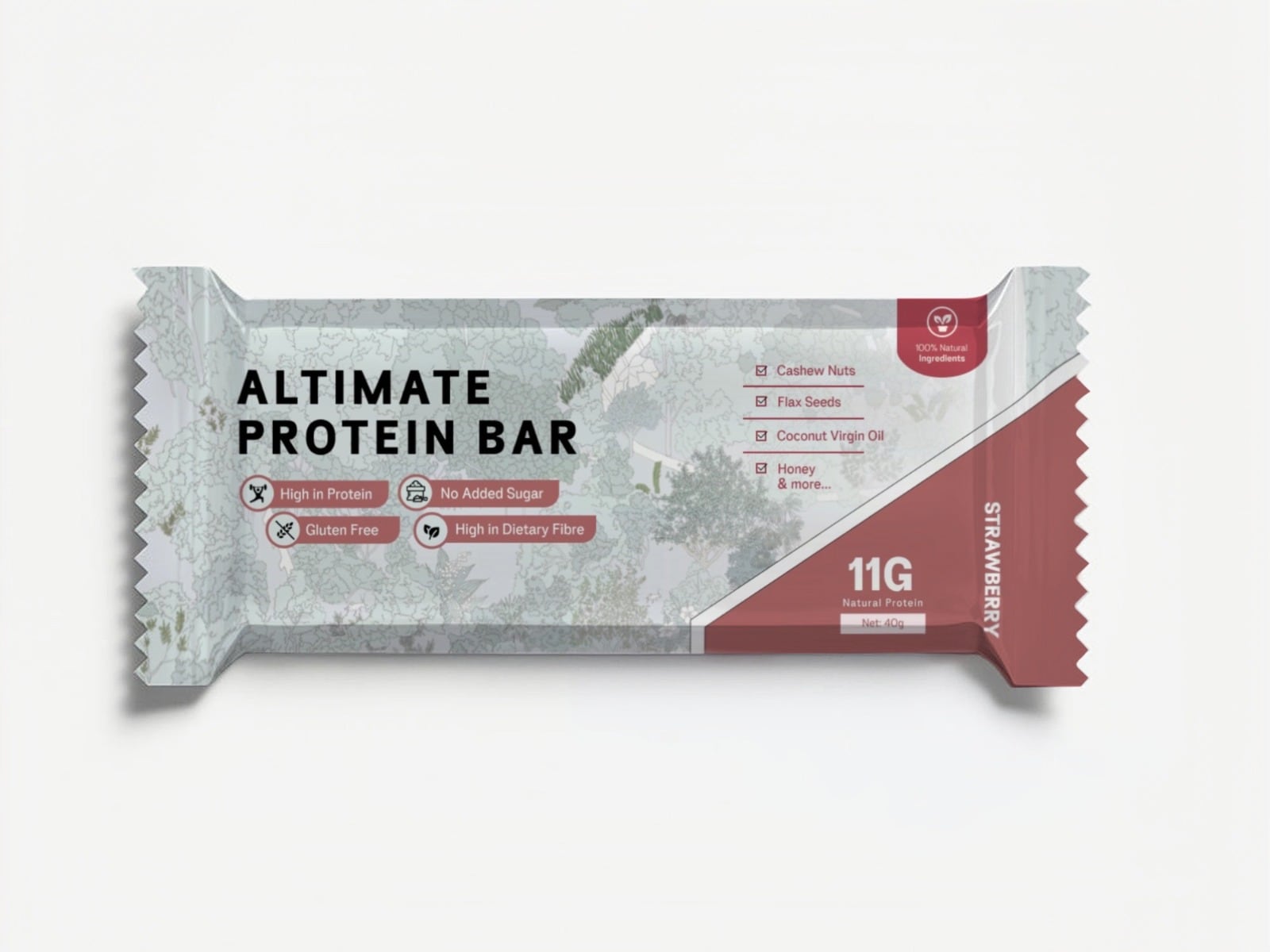An inquiry was directed by the Australian Government in January 2024 to the Australian Competition and Consumer Commission (ACCC), and the final report was recently published.
One of the main findings of this report was the conclusion that the local supermarket industry is ‘highly concentrated’, with the ACCC putting Woolworths market share at 38% of supermarket grocery sales and Coles at 29% - large numbers compared to closest competitors ALDI at 9% and Metcash (which supplies to independent stores) at 7%.
“In economic terms, this is an oligopolistic market structure in which Coles and Woolworths have limited incentive to compete vigorously with each other on price,” the commission said via formal documentation on the report.
“Grocery prices in Australia have been increasing rapidly over the last five financial years - Most of those increases are attributable to increases in the cost of doing business across the economy, [however] ALDI, Coles and Woolworths have also increased their product and EBIT margins during this time.
“This means that at least some of the grocery price increases have resulted in additional profits for ALDI, Coles and Woolworths.
“[The inquiry considered] supermarket profitability using various metrics including earnings before interest and tax (EBIT), net profit after tax (NPAT), gross margin and return on capital [as well as] comparisons with international profitability margins.
“We have found that regardless of the metric applied, Coles and Woolworths are among the most profitable supermarket businesses among their global peers [even if they] do not necessarily have the highest profit margins globally.”
This high profitability has been the subject of public attention, with many linking this to a lack of competition within Australia’s supermarket industry,
“While we recognise international profitability comparisons are challenging, and will have certain limitations, our view is that consistently high profits for Australian supermarkets, relative to their international peers may indicate there is scope for greater competition within the industry,” the commission added.
“However, the existence of sustained high profits for Australian supermarkets is also likely to indicate that while firms may like to enter, it may not be profitable for them to do so due to the advantages of incumbency.
“Our view is that we are unlikely to see significant entry or expansion by full-service supermarket chains in Australia. If entry or expansion does occur, it would be more likely to occur via differentiated supermarkets or non-supermarket grocery retailers, such as online (Amazon), subscription warehouse (Costco), premium gourmet (Harris Farm) or hard discounter (ALDI) offerings.”
Pricing patterns
More concerning for consumers is the lack of competition leading to consistently high grocery prices, as the inquiry revealed that the current status quo means there vis limited liklihood of the major chains to drop their prices.
“The oligopoly structure of the Australian supermarket industry limits Coles’ and Woolworths’ incentive to compete vigorously on price,” the report stated.
“In an oligopoly, firms are likely to maximise their profits based on expectations of how other firms are likely to react - if dominant firms believe that a reduction in prices by one firm will provoke an equal reduction by other dominant firms, resulting in a lower profit margin without a change in market shares, this may limit incentives to compete on price.
“As such, in a market like Australia where the threat of significant entry or expansion in the short term is low, Coles or Woolworths would likely individually have little incentive to broadly discount prices significantly below the other.”
Based on its data from the past year, the commission noted that it ‘had not observed’ either Coles or Woolworths seeking to substantially discount prices (though examples do exist for particular products at particular times), with Woolworths appearing less interested in this than Coles.
Woolworths CEO Amanda Bardwell told the commission that: ‘The strategy is to compete on price every single day and every single day of every week’.
Significantly, the inquiry report also indicated that both chains have the ability to increase retail margins (the difference between the recommended retail price and the wholesale price) for packaged grocery products beyond the cost increases incurred from suppliers.
“In relation to retail margins, material we obtained indicates that Coles and Woolworths sometimes accept wholesale price increases [from suppliers] for packaged grocery products only if the retail margin is maintained or increased in percentage terms,” said ACCC.
“This may be achieved if the supplier has set a new recommended retail price that will achieve this margin, or through an increase in promotional spend or other payments made by the supplier.
“The apparent ability of Coles and Woolworths to increase retail margins for packaged grocery products by more than is necessary to accommodate a wholesale price increase indicates they have – and sometimes exercise – a level of market power in retail markets.”
That said, on the whole the ACCC has not directly accused these chains of any price gouging, indicating it was not able to conclude whether this was indeed happening.
The Australian Prime Minister has committed to inflict severe penalties on any supermarkets caught price gouging, but has not identified any definition regarding the meaning or pricing differences that would amount to price gouging.
A taskforce is being formed to look into this, comprising various stakeholders including the ACCC and the local Treasury, with a target of legislation being implemented by the end of 2025.





